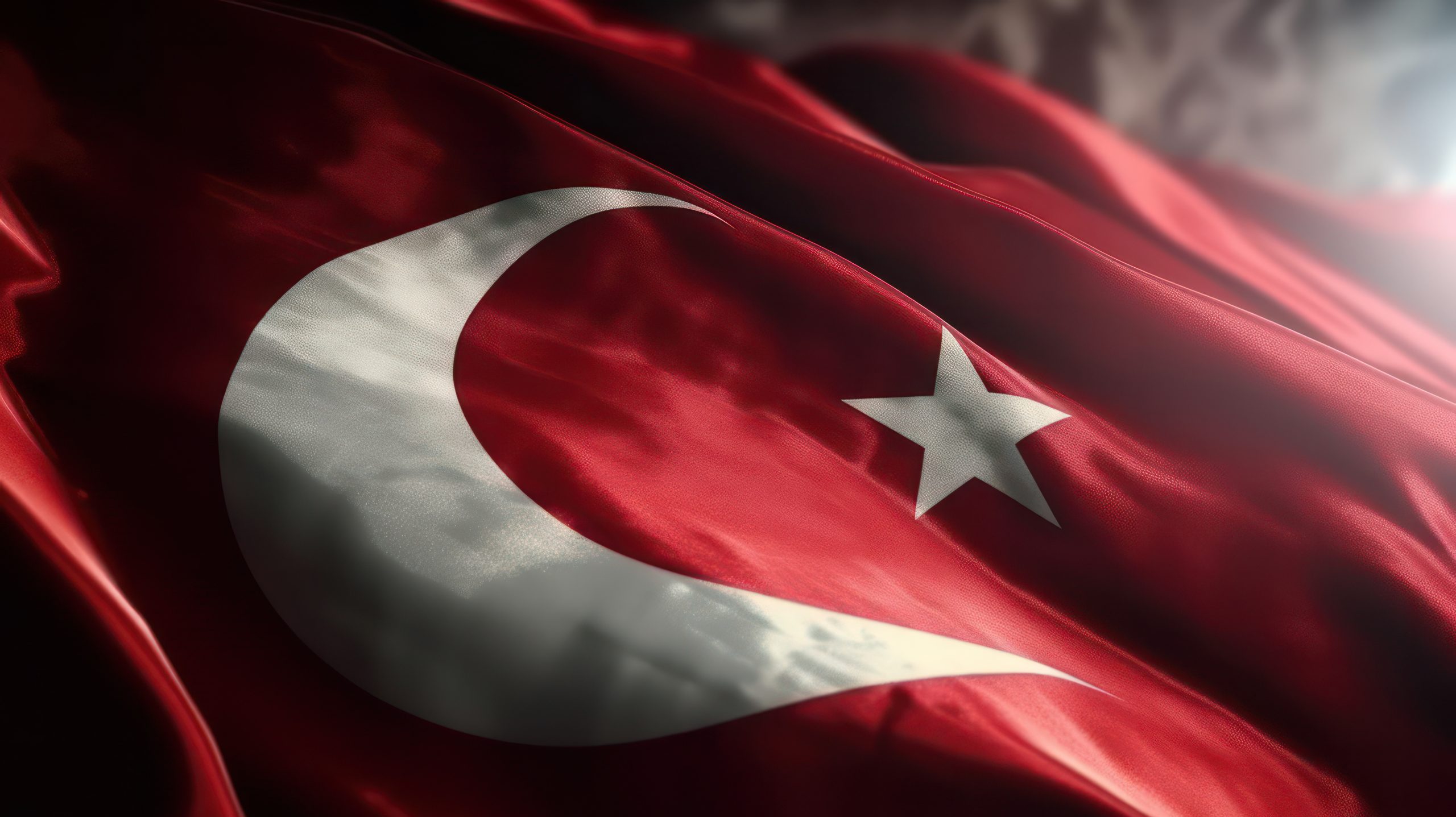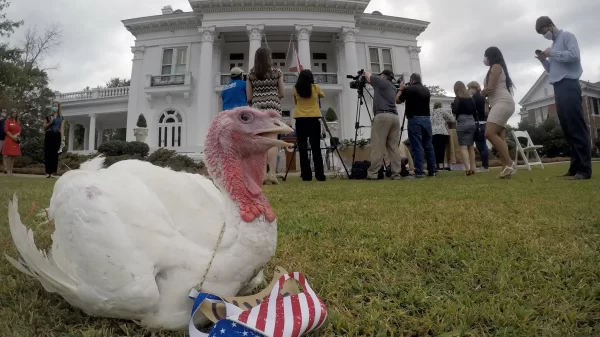This month, Turkey will celebrate the 100th anniversary of its national Republic Day, which recognizes its transformation from a theocracy to an elected, representative democracy.
And, while the contours of Turkey have been around as part of any number of empires, it has only been in recent memory that the nation turned from only facing Mecca and began to look West to the political systems more representative of Europe and Western civilization.
Achieving this republic was not an easy task, but as with all countries, it never is. Each country celebrating a national holiday appropriately focuses on the sacrifice and the typically horrific cost it took to become a separate nation with its citizens determining for themselves not only the form of government, but the type of leadership they would sanction.
In the case of Turkey, the road was especially fraught. First, after World War I, Turkey and its German allies were defeated and subject to treaties that reduced national sovereignty and limited future prospects. Secondly, Turkey had been part of the Ottoman Empire, and its little experience with self government was more along Prussian lines, which allowed only a limited role for democratic institutions and popular elections.
But one thing Turkey did have was a gift for administration. While the Ottoman Empire was in decline, losing territory and population even before the Great War, Turkey had a bureaucracy with experience in administration.
So, as the former empire was carved and divided among conquerors after the war, the physical land boundaries of Anatolia that comprised what came to be Turkey were involved in a civil war, which encouraged invasion from Greece.
Even though Turkey was on the losing side, some nationalists refused to accept defeat. They argued that the Ottoman Empire may have lost and may have negotiated a surrender, but they were loyal to protecting their territory and were unwilling to lay down their arms to have no recourse against invading, opportunistic neighbors.
Initially, the governing Sultan dispatched his army to quell the rebellion, but the commander, one Mustafa Kemal, realized that the rebels had a point. So, rather than subdue them and essentially leave the territory vulnerable to foreign invasion, Kemal organized the rebels into a defense force to protect the country from foreign invasion.
But, in disobeying orders, he violated treaties implicated by the surrender of the Ottoman Empire and caused the allied nations to persist in their desire to occupy portions of Turkey. At this point, Kemal had to deal with both an internal threat with his own “government” opposing his actions and with an external threat focused on annexing portions of Anatolia by force of arms.
In a show of great leadership, Kemal dealt with both threats. First, he handled the internal civil war by deposing the Sultan and replacing him. He then formed a new government, which advocated for establishing a new nation with defined boundaries and a resistance to foreign occupation and influence.
These aims were not acceptable to the allied occupiers, and they resisted. They first compromised the new Sultan and had him essentially reject Kemal’s proposals; then, they imprisoned or exiled his supporters.
Kemal called for the election of a National Assembly to give him a legitimate political basis to deal with the occupation and the Sultan. When the National Assembly met, they declared that the Sultan was under the influence of infidels and imposed a religious sanction on the Sultanate, which ultimately abolished the Sultan as head of both the mosque and state.
Kemal now had a government with himself at the head, and though the National Assembly approved of him as the leader of an executive committee to run the country, he did not enjoy unqualified support. He would eventually ferret out disloyal members and gain a sufficient majority to govern.
Having established a legitimate basis to act, he defeated his internal enemies and won the quasi-civil war. Then, he further united his country and began working to defeat the Greeks militarily and force them to return conquered territory.
Diplomatically, he was able to reach agreements with neighboring countries to establish territorial integrity and further define the boundaries of Turkey. Treaties were reached with other countries that respected Kemal’s military prowess, which earned Turkey the right to be recognized as a sovereign country.
But Turkey had never been a country, only a part of an empire. Any national identity was wrapped up in the Ottoman experience, which advocated loyalty to a Sultan as both a political and religious leader. Kemal’s mission then was to reform this way of thinking and establish a new order that respected certain traditions but also developed new political institutions that would send Turkey down the road to embrace the success of Western governments.
Kemal advocated for a new secularism that respected the people’s Muslim faith but removed religious influence over his government and civil order. He abolished religious courts, limited religious dress, and gave women the right to vote and to be members of the national assembly.
He saw the progress of Western nations not only in government but in the development of trade and industries. One way he sought to teether his country to this progress was to adopt the Latin Alphabet.
He reformed education and created an entire cultural curriculum to substitute Ottoman history with Turkish history. This course of study created a mythological Turkey of the past. But he believed Turkey needed a separate national identity to remove it from past defeats and create a new theory of greatness and unlimited potential.
A century ago, Turkey aligned its future with Western democracy and established a republic. By celebrating this achievement, we acknowledge the remarkable leadership of Mustafa Kemal, who would forever be known at Ataturk and see his example as worthy of emulation.
Even today, Turkey is a critical and necessary ally. Pausing to look back at their struggles to establish a republic gives us a basis for hope in their future.






















































